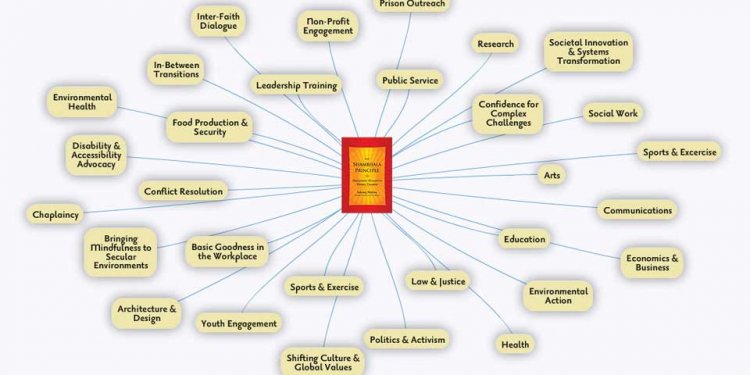
Business and Environmental Protection
 Environmental regulations force businesses to rethink the way they operate.
Environmental regulations force businesses to rethink the way they operate.
Alex Wong/Getty Images News/Getty Images
Environmental ethics is formally defined as the study of human interaction with nature. In a business sense, environmental ethics is concerned with a company's responsibility to protect the environment in which it operates. Public awareness of damage caused to the environment by human action has driven a demand for governmental regulations directly affecting the ability of businesses to conduct their operations. Corporate response to governmental regulation is a primary area of concern in environmental business ethics.
Human Choices
Throughout history, human beings have made choices that have led to the destruction of forests, the contamination of water resources and the pollution of the atmosphere through the use of fossil fuel-powered vehicles. In the later part of the 20th century, awareness of the damage has led society to bring pressure to bear on government to enact regulations requiring businesses to protect delicate natural resources. Environmental awareness has prompted many consumers to lead environmentally friendly lifestyles, affecting business realities across the globe.
Business Realities
Acceptance of responsibility for environmental ethics is demonstrated through the development of corporate environmental strategy. An example is the environmental strategy of Marriott International: "Both in our hotels and beyond, we seek to understand and act on the direct and indirect environmental impacts of our business operations." Companies operating across the globe, regardless of size, must make such a strategy part of their business model in order to protect of the natural resources they use to make a profit.
Sustainability
Small businesses are exposed to increasing demand by consumers and governmental agencies to respond to sustainability standards. Sustainability refers to the ability of ecosystems to remain healthy and productive over time. One of the simplest ways to make a positive response to sustainability issues is energy conservation. Simply by using energy-efficient appliances and light bulbs, businesses can reap significant savings in energy costs and, at the same time, make a realistic contribution to reducing stress on the environment. Environmental Protection Agency research indicates that businesses can save 10 percent to 30 percent on energy costs when using energy-efficient equipment.






















